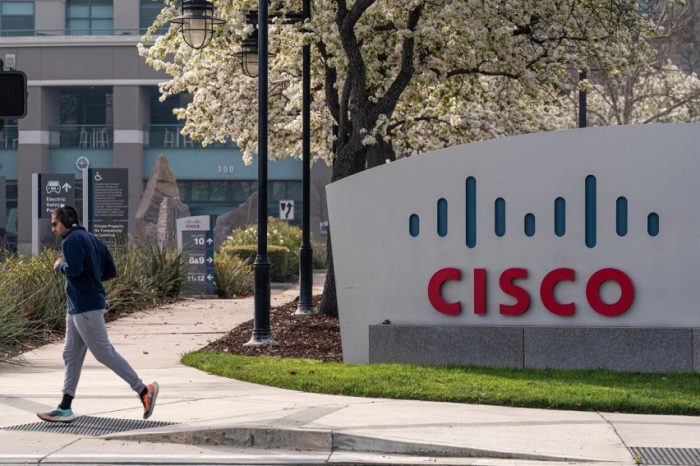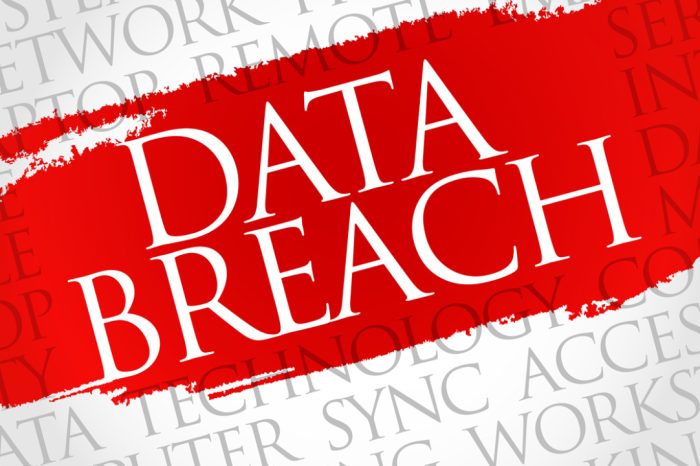Millions of people across the United States today are in debt to some degree — some more so than others. Debt can accrue through many ways and credit card debt is the most common method. Overspending can happen when you do not keep track of your purchases. You do, however, have options when you cannot seem to find a way to pay off your debt.
Debt consolidation loans were specifically developed to give people with large debt the means to pay it off and start to repair their credit score. When you first decide to apply for a loan, it is important that you research each debt consolidation lender very carefully. Each one has different terms of service, rules, and also interest rates.
The fastest most accurate way to research a creditor is to use the Internet. You can research multiple companies within minutes. When you apply for a loan to consolidate your debt, it is the same process as a personal loan. You can be denied, however the lender needs to supply you with the reasons why your application was rejected.
There are two types of loans for consolidating debts: A secured loan and an unsecured loan. A secured consolidation loan is when you have to have either collateral such as your home or car in order to be approved for the loan. If you are a homeowner, you may be able to be approved for a loan using the equity of your home. An unsecured consolidation loan is when you apply and are approved for a loan with no collateral. These types of loans generally have a higher interest rate.
Once you are approved for either one of these loans, a debt consolidation specialist will negotiate with your creditors to lower your balance and interest rate with them. They will then take all of your debt and pay it off with the loan that you received.
You will still owe the debt to the lender, however it will be one payment each month and the premium is adjusted to your income. It is important to remember that there is an interest rate with debt consolidation loans; however, it will not be nearly as much as you were paying each creditor. This can mean the difference in being debt free or ending up in bankruptcy court. It can assist you to get out of debt and rebuild your credit.










